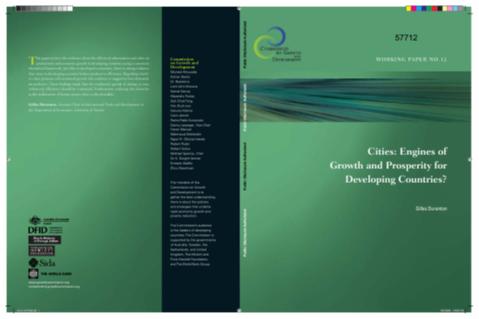Factors influencing large wildland fire suppression expenditures
There is an urgent and immediate need to address the excessive cost of large fires. Here, we studied large wildland fire suppression expenditures by the US Department of Agriculture Forest Service. Among 16 potential non-managerial factors, which represented fire size and shape, private properties, public land attributes, forest and fuel conditions, and geographic settings, we found only fire size and private land had a strong effect on suppression expenditures. When both were accounted for, all the other variables had no significant effect.




